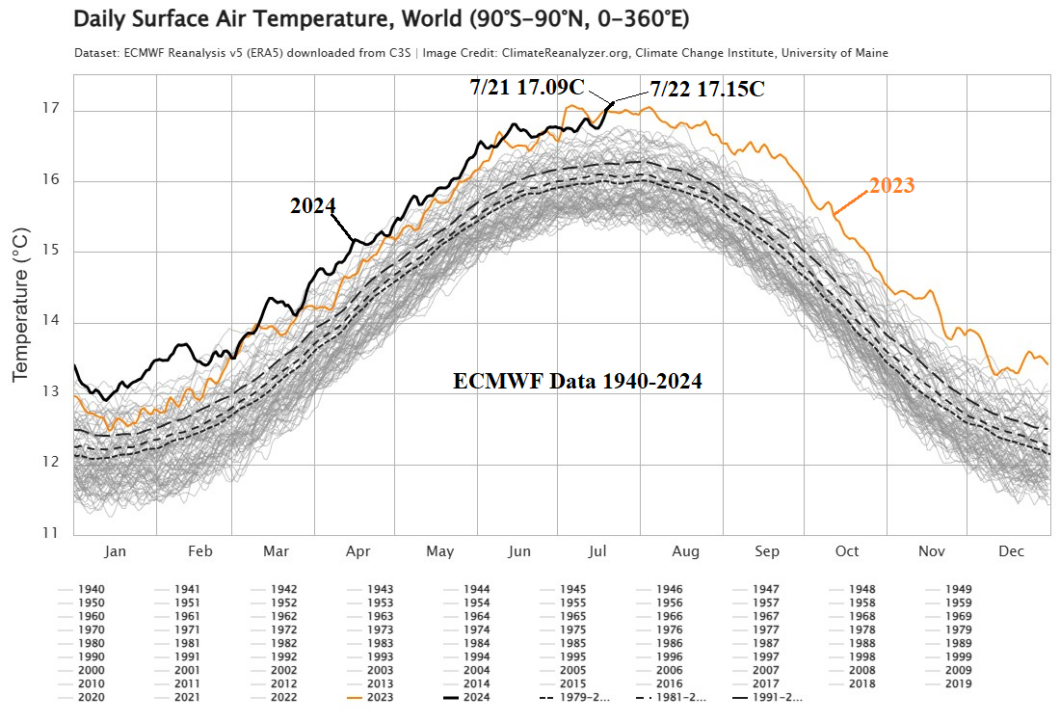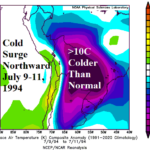
A Review of the July 1994 Cold Outbreak into Brazil
07/17/2024, 3:03 pm EDT
What Is A “Col”?
07/29/2024, 7:32 pm EDT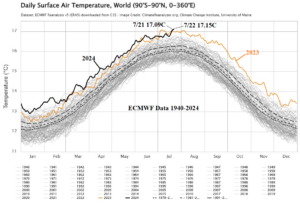
Fig. 1: The 12Z ECM and GFS are agreeable to an extreme heat episode in the Great Plains during the 6-10-day period.
Discussion: ECMWF reported back-to-back global record hot days (Fig. 1) earlier this week (July 21-22). The climatology used extends back to 1940. On Sunday, July 21, the global temperature reached a record 17.09C and was broken the following day at 17.15C. The previous record was observed in early July of last year. Early this week, heatwaves were observed across the Western U.S., Interior West Canada, Southwest Europe, Kazakhstan to South-central Asia, Northeast China, and Northeast Asia to Alaska in the northern hemisphere. However, possibly the 16th consecutive month of a record warm global ocean was the primary contributor (Fig. 2). Marine heatwaves (MHW) are not new. However, the number of MHW’s and their expanse is new and the leading contributor to the record warm global oceans and a significant contributor to the climate regime causing the heatwaves listed. By comparison, the global SSTA in July 1993 was nearly the opposite (cool) regime (Fig. 3).
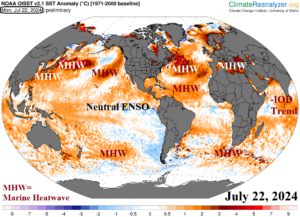
Fig. 2: The daily global SSTA analysis valid July 22, 2024.
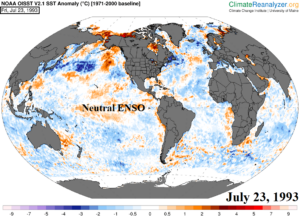
Fig. 3: The daily global SSTA analysis valid July 23, 1993.

